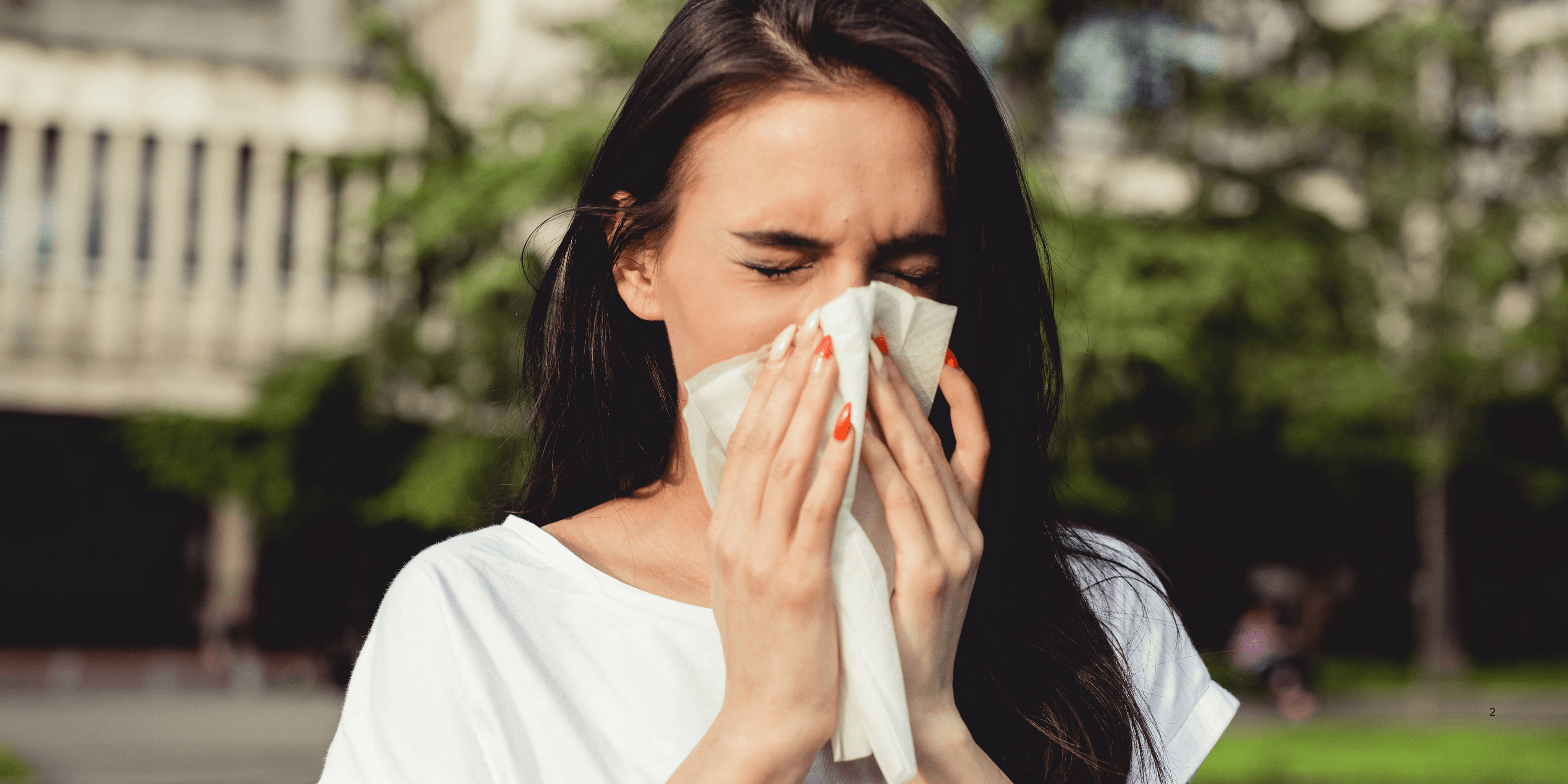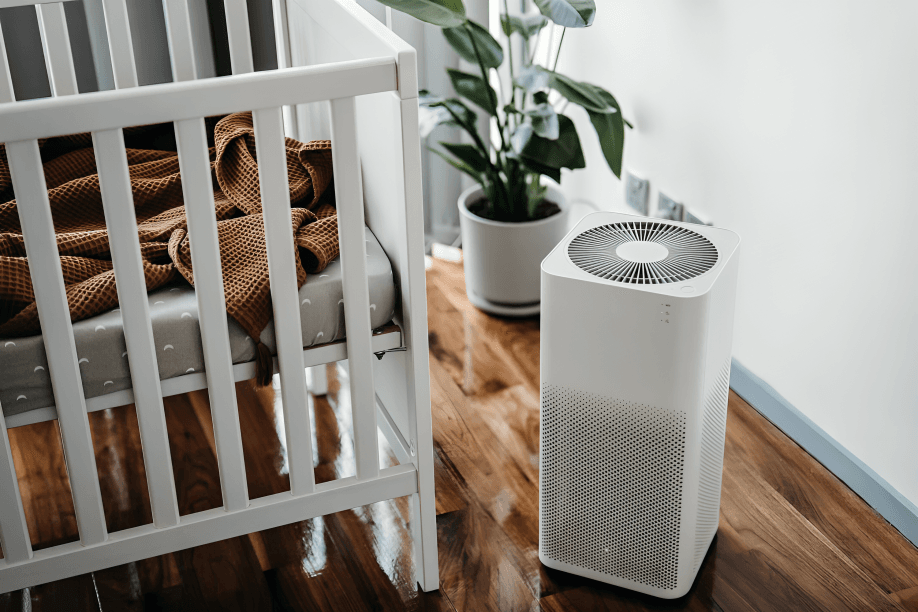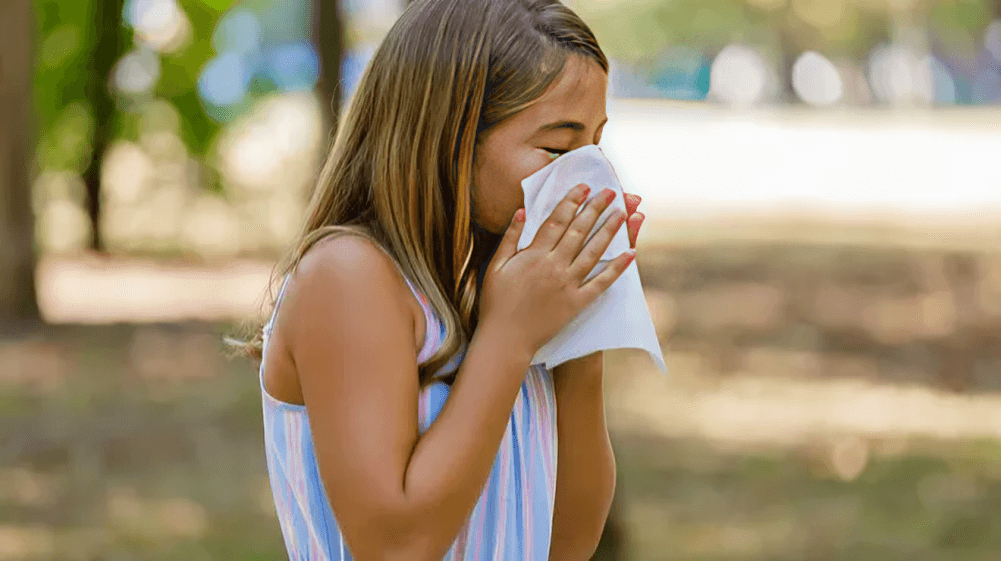
“
Managing seasonal allergies effectively is essential for enjoying life without constant sneezing, itchy eyes, or fatigue. Allergies caused by pollen, dust, or mold can disrupt daily routines, especially during spring and fall. 1
1
”
Ancient Greek physician Hippocrates described hay fever-like symptoms over 2,000 years ago, suggesting early awareness of allergic reactions, though modern medicine only classified them centuries later. 1
Allergy symptoms often worsen during early morning hours when pollen levels spike, so staying indoors until midday can significantly reduce exposure and daily discomfort caused by airborne triggers. 2
Wearing sunglasses outdoors during allergy season protects eyes from pollen, reducing itchy, watery reactions caused by allergens directly contacting the eyes and aggravating symptoms of allergic conjunctivitis. 3

Using high-efficiency particulate air (HEPA) filters in your home’s ventilation system or air purifiers traps allergens like dust mites, pet dander, and pollen, reducing allergy flare-ups indoors.
Showering and changing clothes immediately after returning home from outside prevents the spread of pollen to furniture, bedding, and hair, helping reduce the duration and severity of allergy symptoms. 4
Regularly washing bedsheets in hot water helps eliminate dust mites and pollen buildup that may cling to fabrics, particularly during high pollen seasons, improving overall sleep quality for allergy sufferers. 5
Local honey consumption is sometimes believed to help build resistance to local pollens, but scientific evidence is limited. It may soothe the throat but doesn’t replace medical allergy treatments. 6
Closing windows during peak pollen seasons keeps allergens outside, particularly in early mornings and windy days. Instead, use air conditioning with clean filters for ventilation and temperature control. 7
Over-the-counter antihistamines can help alleviate sneezing and runny nose by blocking histamines, chemicals the immune system releases during an allergic response, helping restore comfort and focus. 8

Avoiding outdoor activities on dry, windy days reduces pollen exposure. The best times to be outside are after rain, which clears pollen from the air and improves breathing conditions.
Keeping indoor humidity below 50% discourages mold growth and dust mite activity, both common allergy triggers. A dehumidifier helps regulate air quality in basements and other moist spaces. 9
Skin allergies often accompany seasonal allergies. Avoiding products with artificial fragrances or switching to hypoallergenic laundry detergents can reduce allergic skin reactions during peak allergy months. 10
Mowing grass can stir up allergens like pollen and mold spores. Wearing a mask while mowing or hiring help during peak allergy seasons can reduce symptom flare-ups significantly. 11
Pets can bring pollen indoors on their fur. Wiping their paws and bathing them more often during allergy season helps limit indoor allergen spread, keeping environments cleaner and safer. 12
Weather forecasts often include daily pollen counts. Monitoring these can guide decisions about going outdoors, choosing allergy medication timing, or deciding when to keep windows closed. 13
Children may show seasonal allergy symptoms differently than adults, such as increased irritability or sleep issues. Pediatric allergists can tailor treatments suited for younger immune systems. 14

Regular exercise strengthens the immune system, helping it react more calmly to allergens. However, indoor workouts are preferable during high pollen days to avoid triggering respiratory symptoms.
Food allergies and seasonal allergies are not directly connected, but those with allergic rhinitis may also react to certain raw fruits due to oral allergy syndrome, linked to cross-reactive proteins. 15
Drinking plenty of water keeps mucus thin, helping your sinuses drain effectively. Staying hydrated may not eliminate allergies but supports overall comfort during flare-ups and enhances medication effects. 16
Philosophers like John Locke suggested that a healthy environment is essential to rational thought. Today, science confirms that clear air and controlled allergies indeed enhance focus and quality of life. 17


